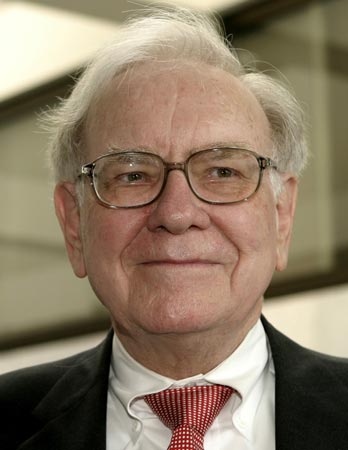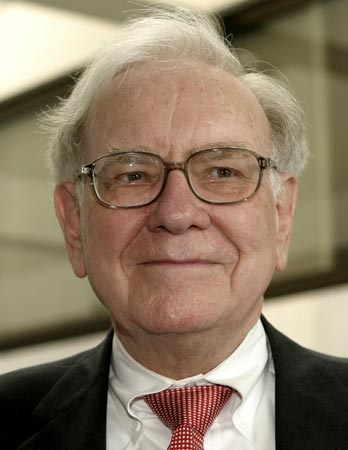The Other Toy Story
Posted on June 22, 2010 at 12:22 pm
It’s a shame that a movie about the enduring pleasures of imagination and re-purposing and recycling treasured toys is also one long infomercial for more than 300 new products specifically tied to “Toy Story 3.” Susan Linn of the Center for a Commercial-Free Childhood writes:
A search for toys licensed by the Toy Story franchise brings up more than 300 items on ToysRus.com, most of which squelch exactly the kind of creative play the film celebrates. One business writer described the number of Toy Story 3 products at Target as “jaw dropping.”
…
It’s well known that children play less creatively with media linked toys and with kits–but even more damaging are the Toy Story 3 video games for Nintendo, Sony PS3, Nintendo DS and X box. And of course, there’s the preschool educational media market: V-tech has the MobiGo Toy Story 3 Learning Software for children as young as three, and Leapfrog has learn-to-read digital story books. Never mind that screen media already occupies, on average, about 32 hours a week in the lives of two-to- five year olds at the expense of the kind of hands-on play that is so revered in the film.
It’s ironic that the real threat to toys like Woody, Buzz and the gang is not that the child who loved them grows up. It’s that, in real life, companies like Disney/Pixar have commercialized children’s leisure time to such an extent that a preschooler who might be the beneficiary of outgrown creative playthings is likely to have no idea what to do with them.


